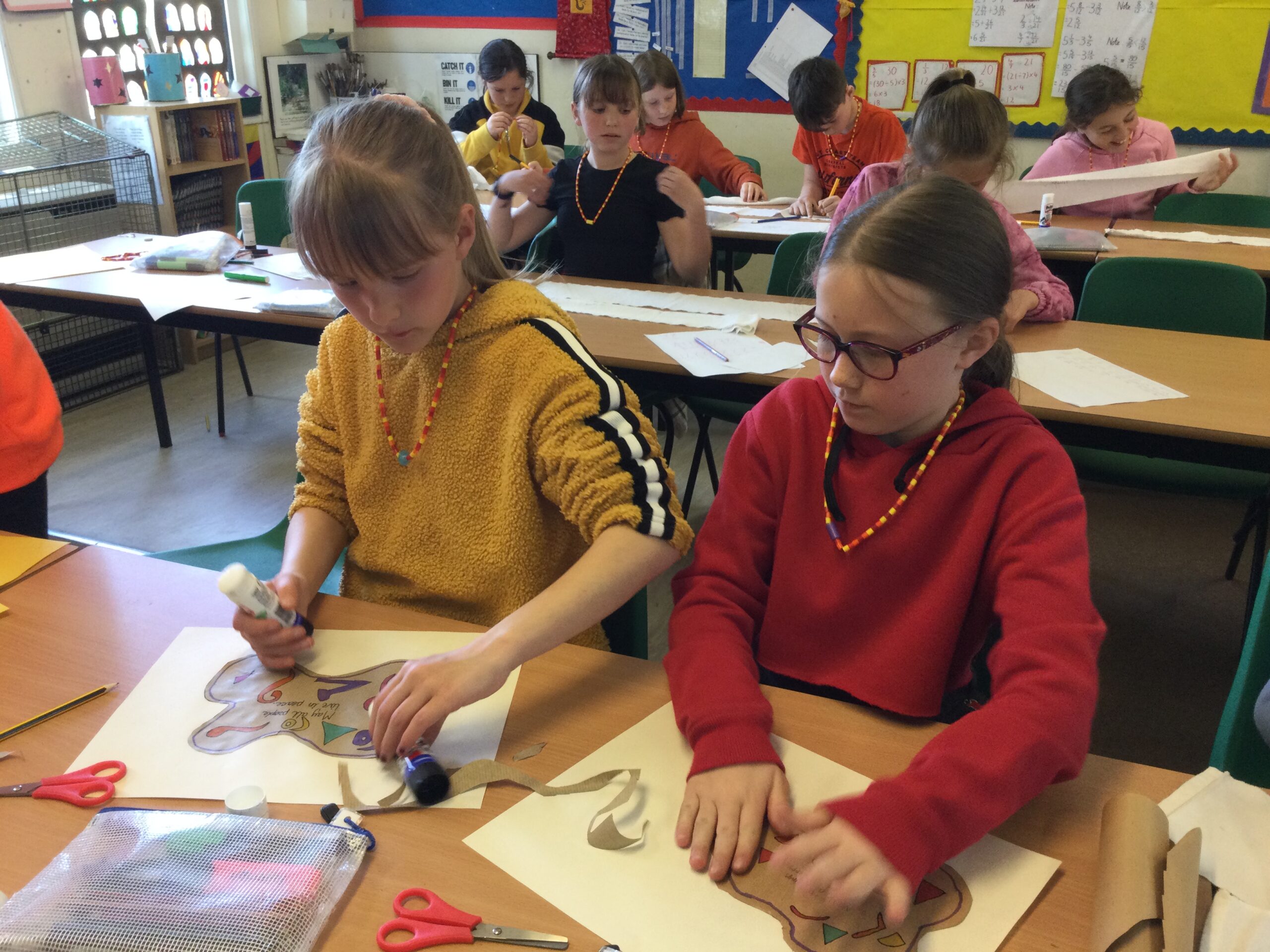
Emotional Well-Being At the Centre for William Barnes
As the children have returned the children’s well-being has been a renewed focus for all schools and at William Barnes Primary School in Sturminster Newton in particular. Following the period of partial school closure in January and February as the country moved into another period of national lockdown, concerns about the mental health of all citizens, but children in particular have come to the for. Separated from their friends, unable to mix and play with other children and dealing with the social pressure caused by families home learning and home working together with limited devices, it has been no wonder that all children have needed extra support and care on their return to school.
At William Barnes, head teacher Karen Wrixon had already recognised the need for an increased focus on the well-being of her staff and students and the school have introduced a number of new initiatives to make improvements in this area.
To help children understand and regulate their emotions and their behaviour, the teaching staff have been exploring a tried and tested approach to improve mental health and well-being called ‘emotion coaching’. Originally developed in the USA by psychologist Daniel Gottman, the approach is backed by decades of positive research studies, and has recently become regarded as best practice across the UK. At the heart of ’emotion coaching’ is the attitude that an outburst of strong emotions is the ideal opportunity for a child to learn about their feelings. When difficult emotions are experienced, children are encouraged to explore them with an adult, before establishing clear boundaries. As soon as the child has calmed down, they are encouraged to seek solutions to any problems that the child might have created during the time when they were overwhelmed by the strong emotion. Finally, any consequences for their actions are agreed and put into place to complete the process.
‘Emotion coaching’ is being backed up across the school by a second tried and tested method known as ‘I Can Problem Solve’. Children to learn to find their own solutions to issues that naturally occur as they play, interact and learn within a school setting. It is designed to systematically develop children’s sensitivity and awareness of other children’s feelings before utilising their creativity to think of a variety of possible solutions to problems before then choosing their preferred solution. At first the program considers hypothetical scenarios which the children then naturally begin to apply to their day to day experience. To begin with, small groups of children throughout the school are being given the opportunity to take part in ‘I Can Problem Solve’ using three fifteen to twenty minute sessions weekly. Each year group has a scheme of work designed to match the needs of the children as they progress through the school.
Both these new developments integrate perfectly with the school’s long term advocacy for Mindfulness as a tool to improve well-being and self-awareness. Using a whole school approach called ‘Jigsaw’, the children from year R to year 6 have a weekly ‘calm me’ session and this enables them to develop an understanding of the importance of periods of quiet reflection during their busy lives. In year 5 in particular, Mr Hull, who has been practising mindfulness for over twenty five years, has been starting every day straight after registration with a minute session that involves the children sitting in their chairs in a special super alert posture called their ‘calm me’ position. The children then complete a body scan moving from their toes to the crown of their head, before Mr Hull guides them through the day’s practice. The children often enjoy guided visualisations where they embark on imaginary journeys including climbing rainbows, scaling magic mountains and visiting peaceful caves. On other days, the children learn breathing techniques that help them feel relaxed and peaceful. The children also use positive affirmations and thoughts to help them appreciate and enjoy each day. Mr Hull has been amazed by the imagination of the children during the visualisations and how they are now using the various Mindfulness tools they have tried to help them in their daily lives. He has also seen substantial improvements in their focus and concentration during lesson, and the quality of their relationships at play times.
Head teacher Karen Wrixon expects that this three pronged approach of ‘Emotion Coaching, ‘I can problem solve’, and Mindfulness will continue to have a positive impact on the health and well-being of the staff and children at the school for years to come, helping them to develop resilience in the face of the challenges of modern life.







